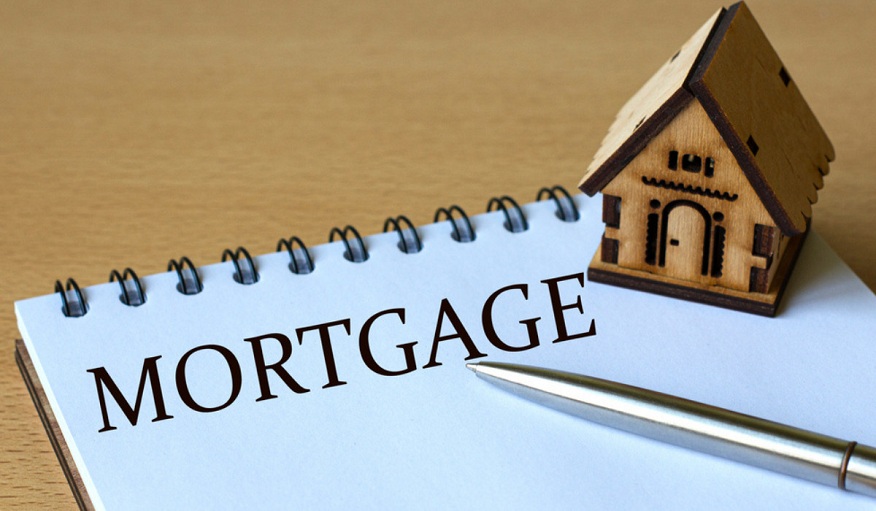Commercial mortgage loans represent a pivotal financing tool for investors and businesses aiming to purchase, develop, or refinance commercial property. Unlike residential mortgages, commercial loans are tailored to meet the needs of businesses and real estate investors, offering a pathway to leverage property investments for growth and expansion. This article delves into the intricacies of commercial mortgage loans, providing insights and strategies for navigating this complex but rewarding financial landscape.

Understanding Commercial Mortgage Loans
Commercial mortgages are loans secured by commercial property, such as office buildings, shopping centers, industrial warehouses, apartment complexes, or even ground-up construction. The terms, rates, and eligibility criteria for these loans can vary significantly based on the lender, the type of property, and the borrower’s financial health. Typically, these loans have shorter terms than residential mortgages, ranging from 5 to 20 years, with the repayment schedule often structured on an amortization basis.
Why Opt for Commercial Mortgage Loans?
- Investment Growth: Commercial mortgages enable investors to purchase property that can appreciate in value, providing both rental income and capital gains.
- Business Expansion: For businesses, owning property can stabilize location costs and contribute to asset growth, enhancing borrowing capacity for future expansion.
- Refinancing Opportunities: Refinancing an existing commercial mortgage can help secure lower interest rates, reduce monthly payments, or free up equity for other investments.
Key Considerations for Prospective Borrowers
- Down Payment and Equity: Commercial mortgages typically require a higher down payment than residential loans, often ranging from 20% to 30% of the property’s purchase price.
- Interest Rates: Rates on commercial loans can be fixed or variable, with terms dependent on the lender’s assessment of the risk associated with the loan.
- Loan-to-Value Ratio (LTV): Lenders evaluate the loan amount against the value of the commercial property, with most requiring an LTV ratio of 75% to 80%.
- Creditworthiness and Financial Health: Borrowers must demonstrate strong credit scores, business profitability, and cash flow to qualify for favorable loan terms.
Navigating the Application Process
Securing a commercial mortgage requires thorough preparation and understanding of the lending landscape:
– Business Plan and Financial Projections: Lenders will review your business plan and financial projections to assess the viability of your investment.
– Property Appraisal: A professional appraisal will determine the property’s market value, influencing the loan amount and terms.
– Legal and Environmental Checks: Due diligence includes legal checks on property titles and environmental assessments to identify potential liabilities.
Strategies for Success
– Use sites like Loanbud.com: Loanbud offers full service financing for businesses including mortgage loans.
– Shop Around: Compare offers from multiple lenders, including banks, credit unions, and private lenders, to find the best rates and terms.
– Negotiate: Terms of commercial loans are often negotiable. Don’t hesitate to negotiate for better rates, terms, or fees.
– Consider Loan Structures: Explore different loan structures, such as interest-only payments or balloon payments, to align with your financial strategy.
Conclusion
Commercial mortgage loans offer businesses and investors a powerful tool to leverage real estate for financial growth. By understanding the nuances of these loans and preparing meticulously for the application process, borrowers can navigate the complexities of commercial financing with confidence. With the right approach and strategic planning, commercial mortgages can unlock new opportunities for investment and business expansion.





Leave a Reply
You must be logged in to post a comment.